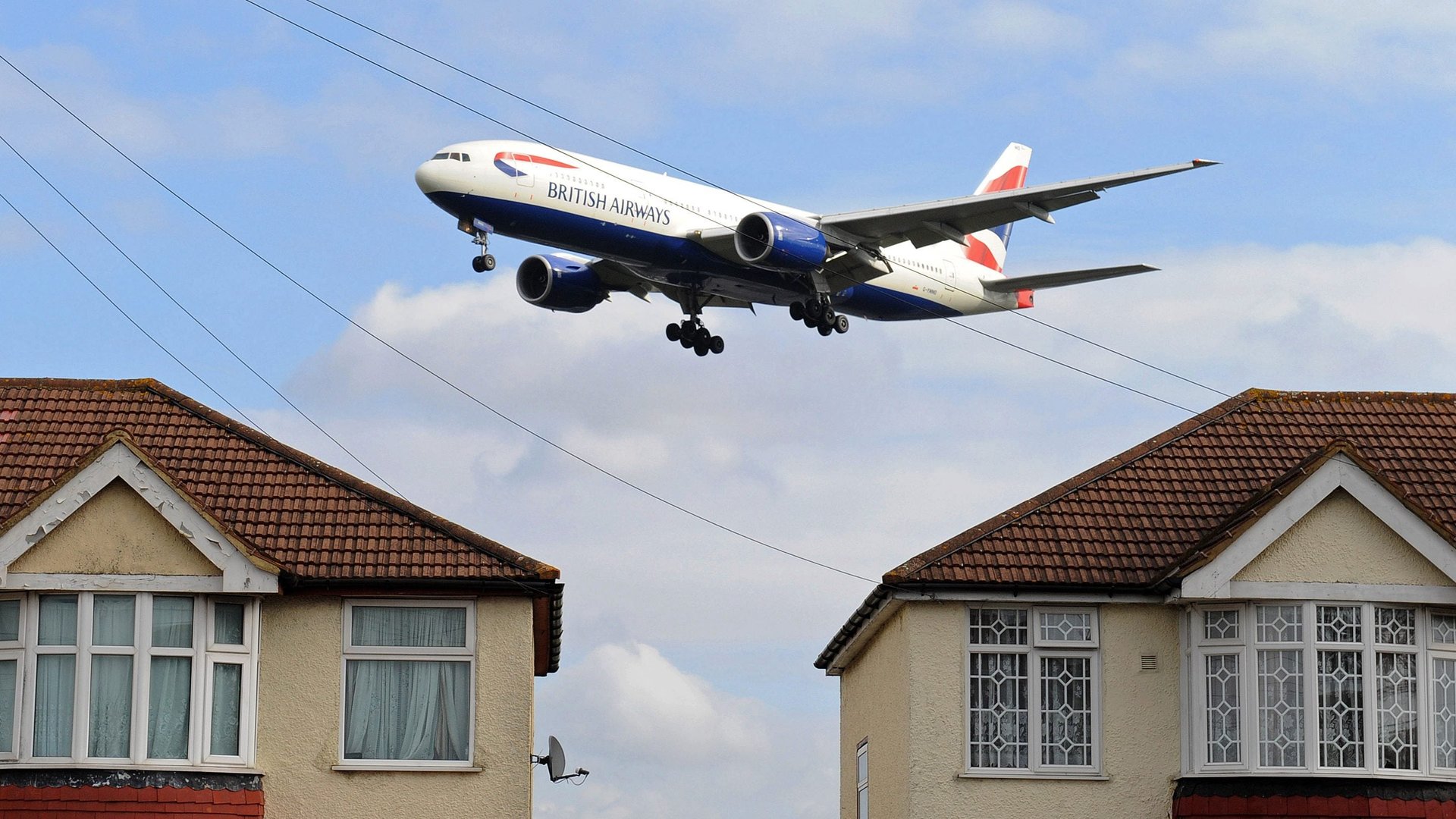The omicron variant is bringing back travel bans and red lists
This story has been updated with news of WHO’s classification of the variant, and new travel restrictions.


This story has been updated with news of WHO’s classification of the variant, and new travel restrictions.
Today (Nov. 26), the UK added six African countries to its “red list” for travel: South Africa, Botswana, Eswatini, Lesotho, Namibia, and Zimbabwe. A new variant of covid-19, seemingly originating in the region, is of “huge international concern,” says the UK health secretary Sajid Javid. Angola, Malawi, Mozambique, and Zambia are also on the list.
Several countries swiftly followed suit. The US, Canada, and several more European and Asian countries have also severely restricted travel from southern Africa, although, at time of writing, the number of cases detected outside the region remains small.
Which other countries are restricting travel to and from Africa?
Alongside the UK, several other countries are also stopping travel from Africa. The US will restrict travel for non-US citizens from eight African countries, including South Africa, from Monday.
Japan and France have restricted travel and mandated hotel quarantines from the same six countries as the UK. Israel and Singapore have both banned the six countries, as well as Mozambique.
Shortly after the European Commission’s president, Ursula von der Leyen, said the bloc was also considering restricting air travel, a slew of EU nations including Germany, Czech Republic, the Netherlands, France, and Italy announced restrictive measures.
The World Health Organization (WHO) on Friday (Nov. 26) decided the variant is “of concern” and officially named it omicron. It cautioned against sudden travel measures in response to the virus.
The UK’s red list is back
The UK first introduced the red list in February 2021, mandating a 10-day hotel quarantine that cost £2,285 ($3,043) for any individual arriving from one the designated countries.
As vaccinations picked up around the world, the ban was relaxed. By the start of October, the red list had just seven countries—Colombia, Dominican Republic, Ecuador, Haiti, Panama, Peru, and Venezuela—and by the end of the month, it was effectively eliminated.
Now, despite over 80% of people in the UK having received both doses—almost three in 10 also have their booster shot—the restrictions are back. The government is wary of the new strain.
“We’re taking this early precautionary action now to protect the progress made across the country, and will continue to keep a close eye on the situation as we continue into the winter,” transport secretary Grant Shapps said.
Africa’s response to travel restrictions
In a statement on Nov. 26, South Africa’s ministry of international relations and cooperation said it “respects the right of all countries to take the necessary precautionary measures to protect their citizens.”
South Africa hopes to persuade the UK and other countries to walk back the temporary ban because the cost to livelihoods is too high. Pre-pandemic, the UK was its biggest source of tourism with more than 430,000 UK travelers (pdf) arriving in South Africa in 2019. The southern African economy lost an estimated 790 million rand ($48 million) for every month it was on the red list earlier this year.